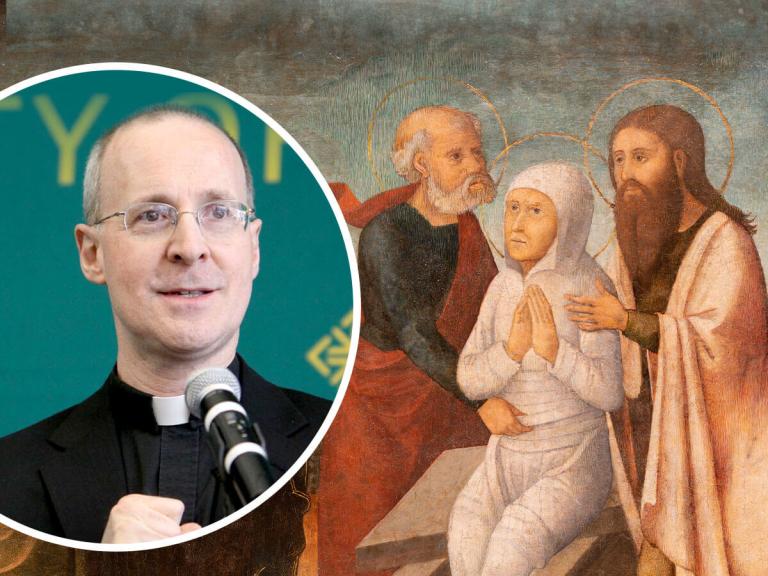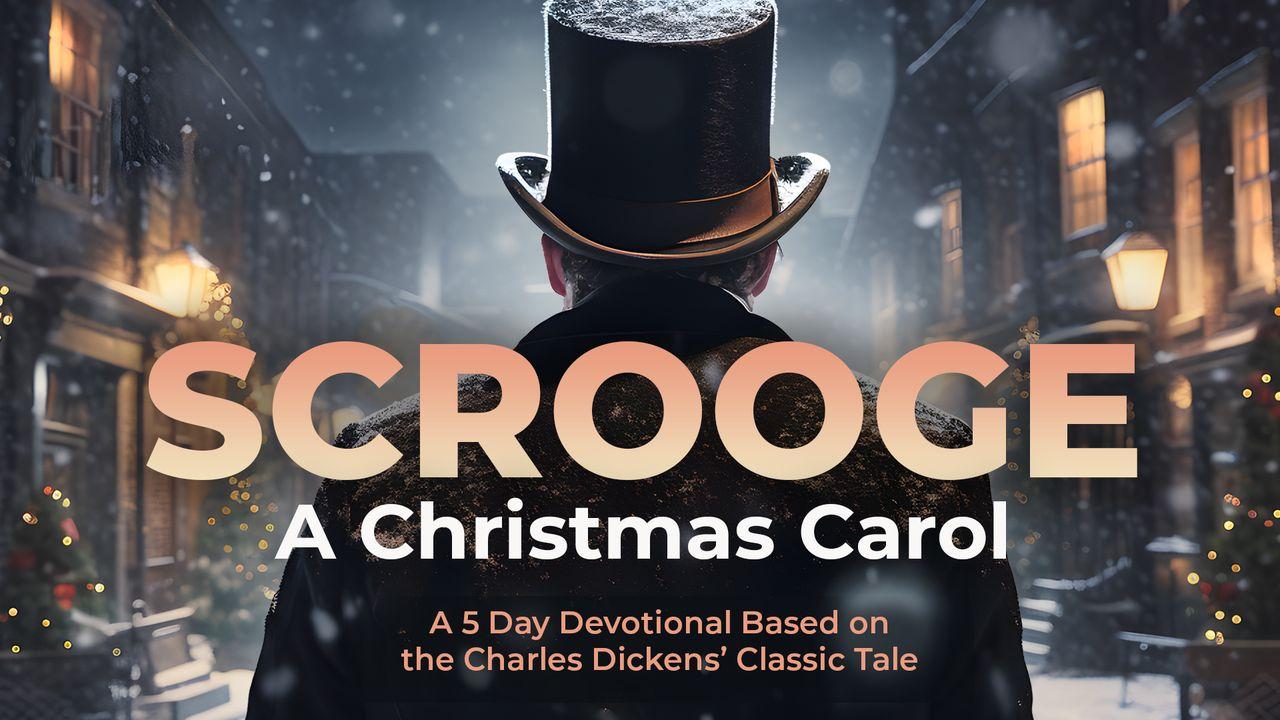
The Lazarus Lesson. In his new book Come Forth, the prolific Catholic writer and America Magazine editor-at-large Fr. James Martin reflects on the transformative power of the biblical story of Lazarus and why two millennia later it remains as relevant as ever.
JM: Lazarus is a friend of Jesus. Martha and Mary – two friends who live in Bethany, outside of Jerusalem – send word to Jesus that their brother named Lazarus is ill. They call him very beautifully “He whom You love.” So, we know from that that he must have been a very good friend of Jesus, maybe His best friend.
The story is really Jesus’ response to their call. So, I talk a little bit in the book about what we can know about Lazarus and what we can know about Martha and Mary – but, you know, he’s a real person who was very close to Jesus and with whom Jesus was very close as well.
JWK: The subtitle of the book is “The Promise of Jesus’s Greatest Miracle.” It’s a great miracle no doubt but I would think Jesus’ own resurrection might hold the top spot. What do you mean by the subtitle?
JWK: The story of Lazarus even speaks to people outside the Christian faith as a kind of a symbol for rising again when things look hopeless. Why is that?
JM: Yeah, I think that’s a really great question and an important question. I think for believers it is this idea that Jesus has power over everything, the belief that Jesus has power even over death – which really does give us a lot of hope. It’s one of the reasons the story is used at funerals, right? Nothing can separate from God’s love, right? We’re with a God who can do anything but also a God who accompanies us, who comes to the tomb and cries with Martha and Mary.
I think in popular culture…he’s such a powerful image of new life, of resurrection, of things turning around. You can look at it from a believer’s point of view or a secular point of view. The story’s so dramatic that I think it exerts and influence on both groups.
JM: Yeah. I think that people who are really feeling that they’re kind of not part of society, that they’re somehow excluded in some way – whoever it is – really need to hear this invitation that God calls all of us into new life – and that we’re also called to participate.
In the book I point to two things that Jesus says in the story. He says to the crowd “Take away the stone.” He also says at the end of the story “Unbind him.” You know, when Lazarus comes out. I think we’re called to help free people who feel kind of stuck or bound or are sort of maybe put down, marginalized or excluded by society. We’re called to help them. So, it’s not just to allow God to do these things. It’s to participate in the liberation that Jesus wants for everybody, that God wants for everyone.
JM: Absolutely. I talk a little bit about people with addictions and, as you say, mental health challenges and things like that. The fact is that they can grow, they can progress in terms of being helped with therapists and doctors and things like that. I think that Lazarus has to trust in Jesus’ voice. Lazarus has to trust that God is calling him into something new and something good. I think a lot of people who might struggle with mental illness, physical disabilities, any sort of medical problem or any kind of problem have to trust that God is really calling them every moment of their day to new life, to trust, to hope – and that we’re called to help people move that way as well. So, absolutely. I talk a little bit about AA as well, people confronting their addictions and trusting that God is calling them into new life as well.
JM: That’s right. I mean we all make New Year’s resolutions, right? We all try to. I think one of the things I’d like to say in answer to that is a lot of times people get very despairing. They say “I can’t change” or “I’ve tried to change before.” When you look at this story you see Jesus coming to someone who’s dead. I mean all hope of change seems to be gone, but even in this situation where there’s death – I mean literal death; He’s been dead four days! – Jesus is still able to operate. So, again…it’s a message to people who might feel that “I’m dead. I’m stuck. I can’t possibility change.”…that God is always, always, always able to take what little trust we give Him and really magnify it and really help us to move, change and grow.
JM: I really would like to say that this story that probably most of your (readers) know about – the raising of Lazarus which can kind of seem like an old story that happened 2000 years ago that, you know, we believe in it, we trust that it happened – has something to say to us today. That’s really the point of the book Come Forth. The story of Jesus’ greatest miracle is really something that calls to us and asks us to trust that God can lead us all – whoever we are – into new life.
JM: I think that’s a great point! We see what’s happening in Israel and Ukraine and, boy, all over the place. There’s so much suffering going on. I think it’s something that the whole world can hear, that we can leave behind – in a sense in our tombs – resentment, bitterness, warfare and conflict and really move into a world, we hope, of new life and, really, of peace.
John W. Kennedy is a writer, producer and media development consultant specializing in television and movie projects that uphold positive timeless values, including trust in God.
Encourage one another and build each other up – 1 Thessalonians 5:11


